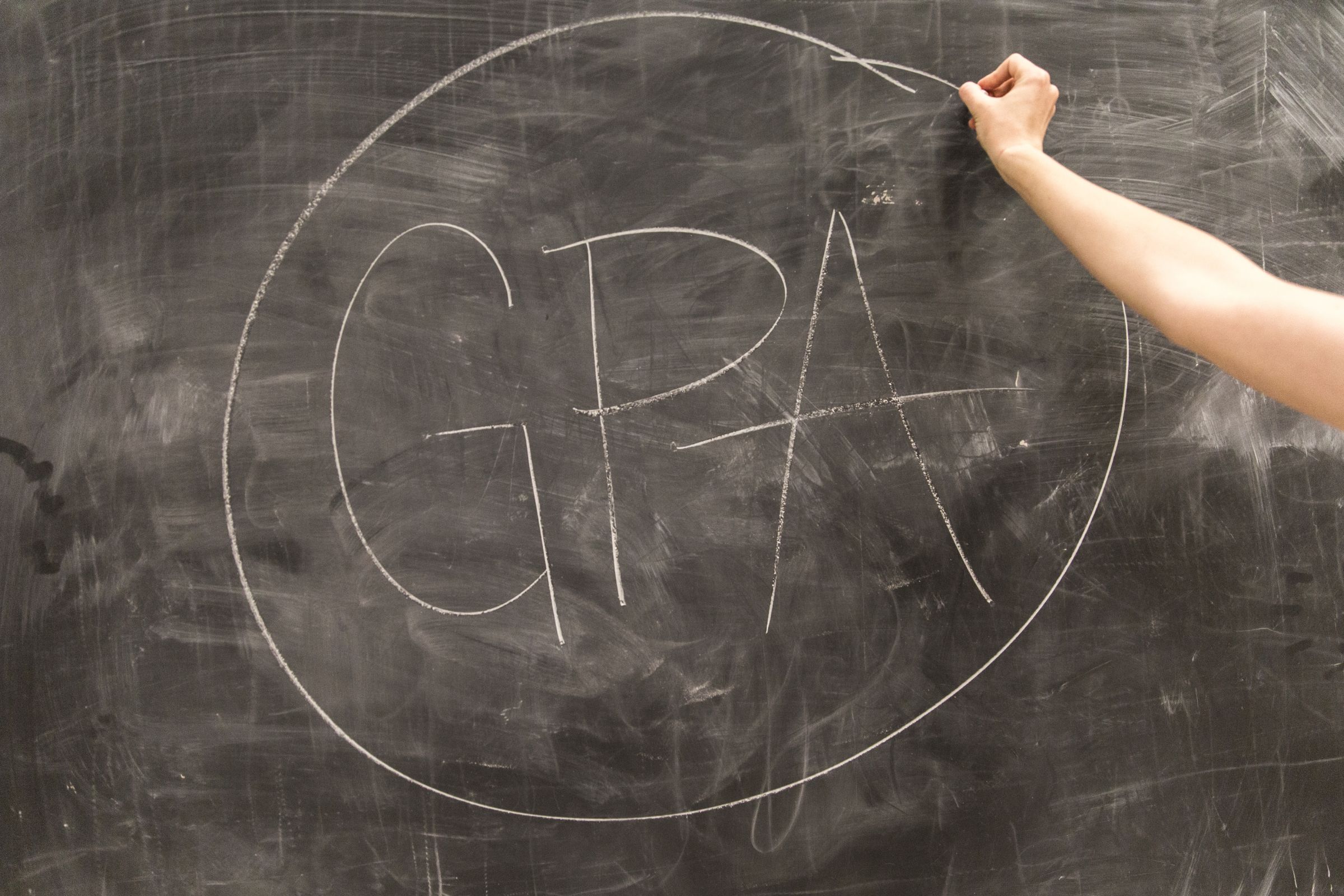If you’ve ever looked at your teen’s transcript and thought, “Okay… but is a 3.4…

How Colleges Weight Grades
Today we’re talking about how colleges view your grades. Grades may be the most important thing a college considers in deciding whether or not to accept you. But included in that is your level of academic rigor. Meaning if you took AP classes or IB classes versus honors classes versus college prep versus academic or whatever other levels your school offers. And did you take what was available to you? Because a student who took three AP or IB classes when their school only offered three took 100%. Whereas a student who took four when their school offered 20 only took 20% of that. So certainly four is more than three, but 100% is more than 20%. So you do want to be challenging yourself up to what’s available at your school to look the best to colleges.
That said, your school may give you extra weight on your GPA for an honors class or for an AP or IB class than just a college prep or academic class. And some colleges, when they evaluate your grades, will take the weight out of your GPA. So an A is an A is an A is an A. And that may not seem fair, but that is how some schools do it.
Some schools also only weigh your core classes: math, English, science, history, and foreign language. So they’re not going to count that A you got in gym or your A in orchestra or maybe even your A in macro or microeconomics or psychology or computer science. And that doesn’t really seem fair. You worked hard for those grades, but that is how some schools compare students from one school to the next.
Other schools might weigh your freshman year less and your junior year more, because this is who you were when you were young and this is who you are now: an imminent college student, a smarter, more capable person. Other schools don’t do that. They weigh freshman year and junior year and everything in between the same because, hey, A is for average in that GPA.
Other schools will also consider more strongly your grades in your major. So if you’re looking at STEM majors, your math and science grades may matter more than your English or history grades, or vice versa. And again, other schools don’t do that. All grades are submitted equally. And then what they do is they take all of that data and they put it into an AI machine and it churns out your rating for them compared to everybody else who applied; everybody else who applied from your high school, from your town, from your county, from your region. And that is one way that they look at which students they’re going to accept.
So challenge yourself to take the most academically rigorous courses that you can do well in. And if you’re struggling to get that A, if you’re living in B or C land, get some help. Stay after school if the teacher’s offering it. Get a free tutor through National Honors Society if your school offers it. Check out the free resources at Khan Academy or even all the YouTube videos that are out there. And if you need to hire a tutor, I think it’s a great investment if that’s what’s going to make the difference between you getting C’s and B’s versus getting A’s.
Think about what you’re willing to spend on a Disney trip or a cruise or on a travel sports team, and make that kind of investment in a student’s education. Because Disney’s never going to pay you back. But that tutoring money may come back to you in merit scholarships from the colleges you get accepted to down the line if you can get good enough grades.
So work hard, choose the most challenging classes you’re capable of. And if you have questions, call us at 732-556-8220. We are here to help.

